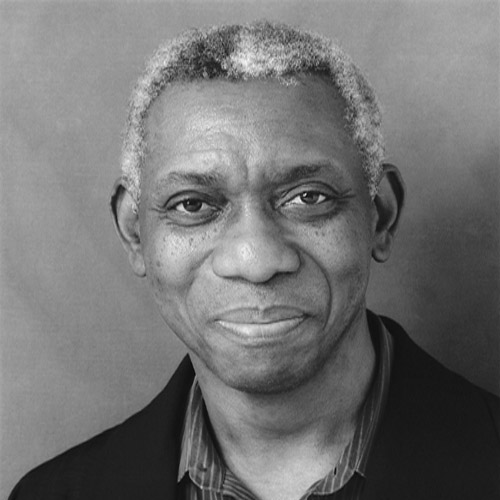Somebody go & ask Biggie to orate
what's going down in the streets.
No, an attitude is not a suicide note
written on walls around the streets.
Twitter stays lockstep in the frontal lobe
as we hope for a bypass beyond the streets,
but only each day bears witness
in the echo chamber of the streets.
Grandmaster Flash's thunderclap says
he's not the grand jury in the streets,
says he doesn't care if you're big or small
fear can kill a man on the streets.
Take back the night. Take killjoy's
cameras & microphones to the streets.
If you're holding the hand lightning strikes
juice will light you up miles from the streets
where an electric chair surge dims
all the county lights beyond the streets.
Who will go out there & speak laws
of motion & relativity in the streets?
Yusef, this morning proves a crow
the only truth serum in the street.
Published:
2015
Length:
Regular
Literary Movements:
Contemporary
Anthology Years:
2024
Themes:
Poetic Form
Police Brutality
Racial Injustice
Rap & Hip Hop
Literary Devices:
After Poems
A poem where the form, theme, subject, style, or line(s) is inspired by the work another poet.
Couplets
two lines of verse, usually in the same meter and joined by rhyme, that form a unit
Ghazal
a short, lyrical poem that have five to 15 couplets, each one ending with the same word. Ghazals were originally used by Persian poets in Arabic verse.
Imperative
an instruction or a command
Metaphor
a comparison between two unrelated things through a shared characteristic
Repetition
a recurrence of the same word or phrase two or more times

